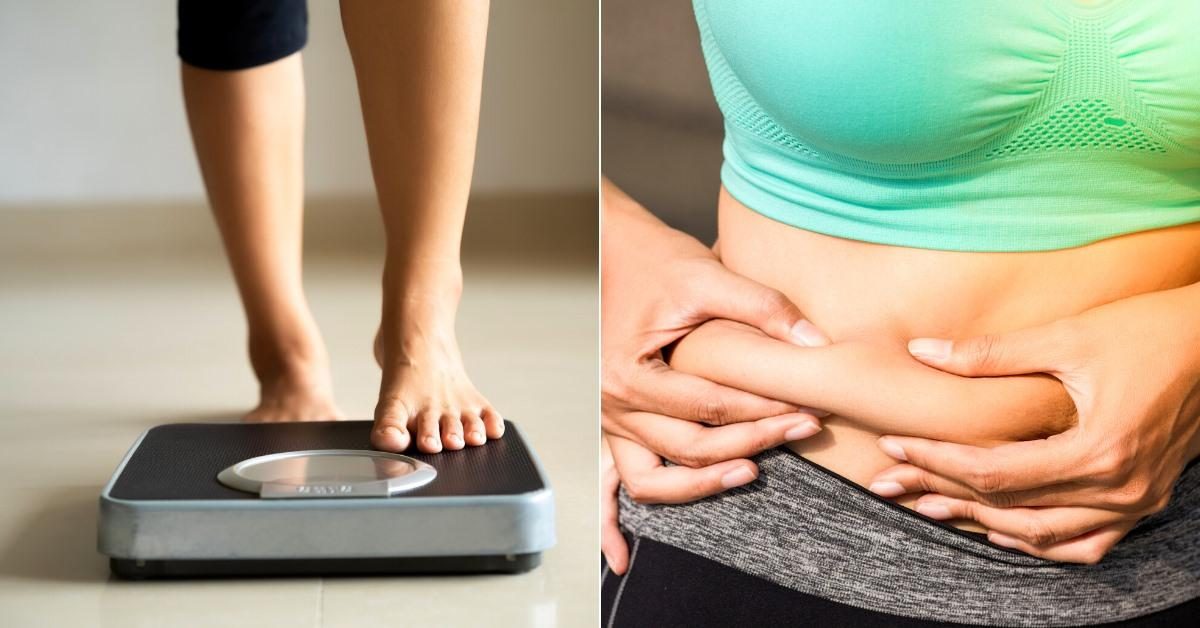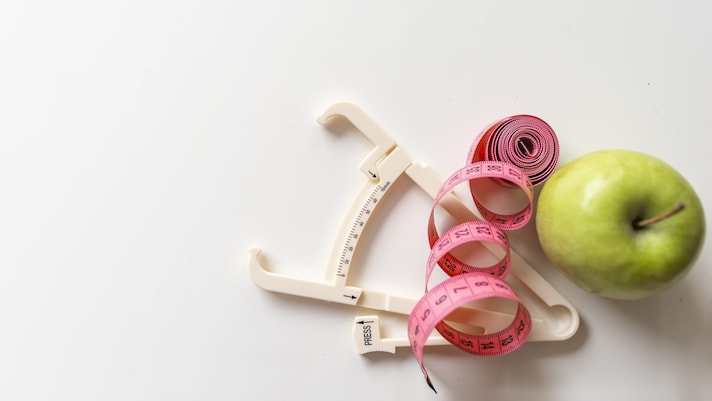What’s the Difference Between Weight Loss and Fat Loss?
If you're looking to get into better shape, you might be thinking about the best ways to lose weight. However, not all weight loss is created equal - it's a little more complicated than that. Different diets will tell you they can help you lose weight quickly, but often you'll be losing water or muscle weight. For real results that will improve your overall health, you should be focusing on losing fat instead of generally losing weight.
;)
If you're looking to get into better shape, you might be thinking about the best ways to lose weight. However, not all weight loss is created equal – it's a little more complicated than that. Different diets will tell you they can help you lose weight quickly, but often you'll be losing water or muscle weight. For real results that will improve your overall health, you should be focusing on losing fat instead of generally losing weight. Here's everything you should know about the difference between weight loss and fat loss.
Why You Should Focus on Fat Loss
You don't want to lose too much muscle. Having adequate muscle mass helps regulate blood sugar, control inflammation, and maintain healthy levels of fat – because your body does need some fat. Keeping a healthy amount of muscle across your life can also help prevent age-related muscle loss as you age. Having muscles the more resting calories you'll burn, so if you're trying to tone up, having developed muscles is a real boon.
How to Tell if You're Losing Fat

Checking your weight on a scale may not help you to determine if you're losing fat or not. Scales will tell you if you're losing overall weight, but they can't tell you whether or not you're losing fat, water, or muscle. The best way to tell if you're losing fat is to use a body fat scale or skinfold calipers.
How to Lose Fat While Gaining Muscle
There are several great ways to help you lose fat and support muscle gains. One way to start is by ensuring you get plenty of protein in your diet. Protein is used to grow and maintain muscle mass. Combining higher protein intake with reducing your overall calorie intake can help you lose fat and gain muscle when combined with exercise. Regular exercise is a great way to lose fat rather than muscle. A combination of cardiovascular exercise and weight training is highly effective for losing fat and gaining muscle.
While it is good to cut some calories when you're trying to lose fat, you have to make sure you're getting enough nutrients so that you don't lose muscle mass. Moderate calorie reduction of between 400 to 600 fewer calories a day, depending on weight, gender, and age, is a safe option. Eat nutritious foods like fruits and vegetables, lean protein, whole grains, and certain dairy, while cutting out sugar, processed, and fried foods. With time, dedication, and patience, you'll see the results you're looking for and feel healthier, more active, and confident.
;Resize,width=767;)
;Resize,width=712;)
;Resize,width=712;)
;Resize,width=712;)
